Filter by
Success stories (163)
RSS
Are you familiar with the concept of “invasive species”? They come in different shapes and sizes and can cause an impact in global biodiversity and in ecosystem function worldwide.
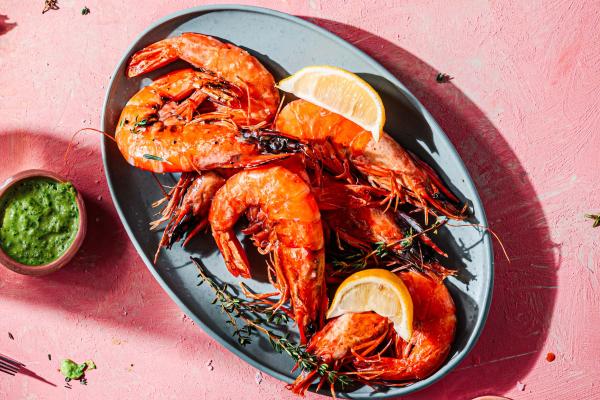
Aquapurna, a German company, is transforming shrimp farming with a sustainable, holistic, and technology-driven approach. Using its innovative Smart Reef System, which reproduces the natural shrimp habitat, the company produces high-quality, sustainable shrimp.
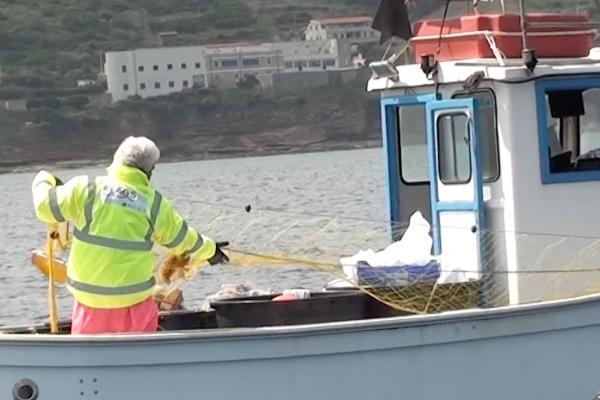
Bringing science and fisheries together to tackle a hidden menace: marine litter. Scientists from Cagliari University and Fisheries Local Action Groups and Sardinian fishers joined forces to remove over two tonnes of waste from Sardinian waters.
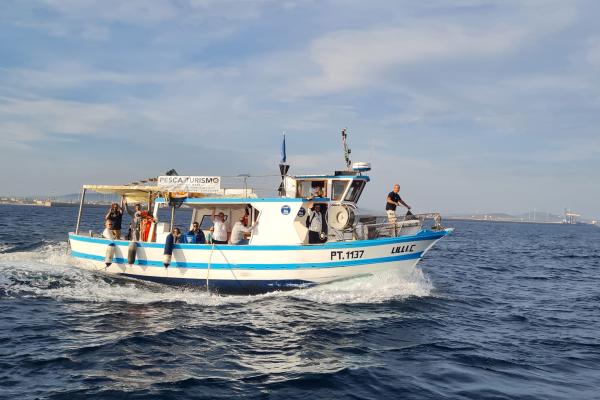
From the shores of Sardinia to the coasts of Greece, fishers are embarking on new adventures to make their trade known to the wider public. With the support of Fisheries Local Action Groups (FLAGs), fishers are being trained, going on study visits, and learning to diversify their income.
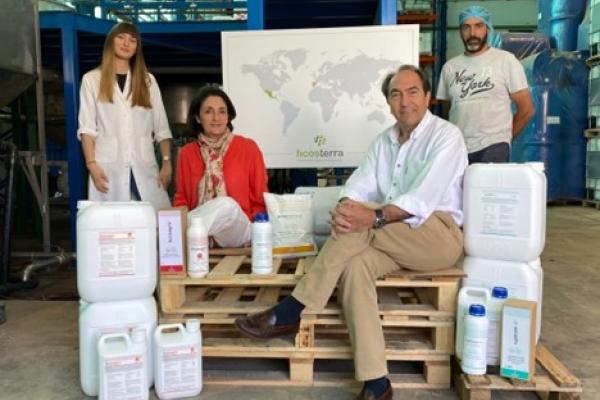
As the global population continues to grow, the pressure to meet the increasing demand for food has never been greater. The Spain-based start-up Ficosterra offers a ground-breaking solution that maximises crop production while minimising the ecological footprint. Their secret weapon? Seaweed.
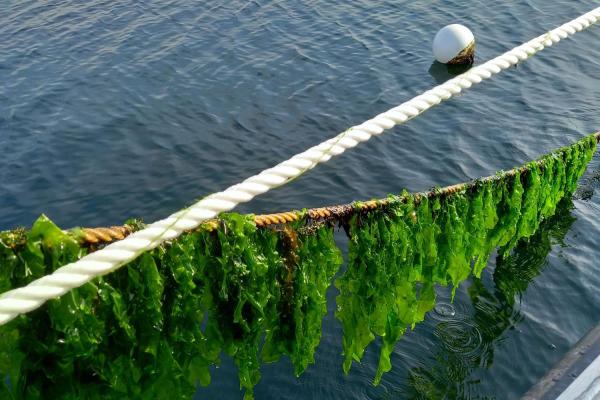
Oceans are a substantial source of protein and not just because of fish. Ulva, a green seaweed also called sea lettuce, is becoming known for its high nutritional value over current vegetable and animal products and it is affirming itself as a great alternative in the food industry.
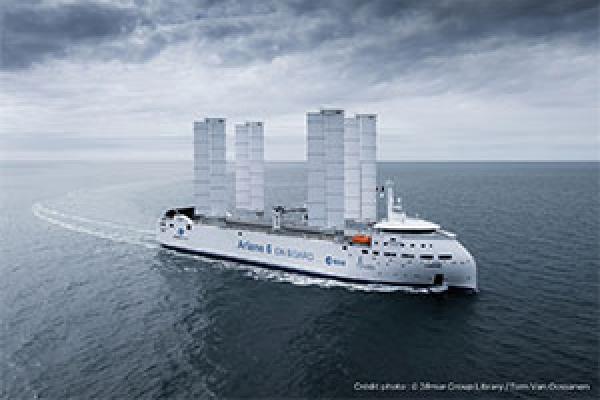
French President Emmanuel Macron has visited Canopée, the world’s first” wind-powered hybrid industrial cargo ship. French company Ayro developed Oceanwings® 363, wingsails that reduce the fuel consumption of ships by 30%.
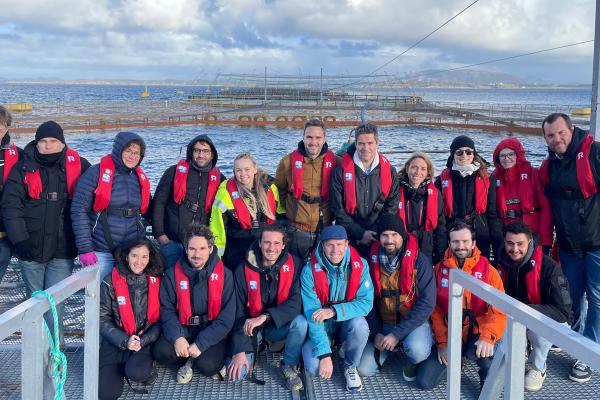
Leveraging expertise in artificial intelligence (AI) and marine biology, BiOceanOr, a French start-up, is using AI technologies to help manage water quality and promote sustainable practices. They have developed AquaREAL, a unique service predicting water quality.
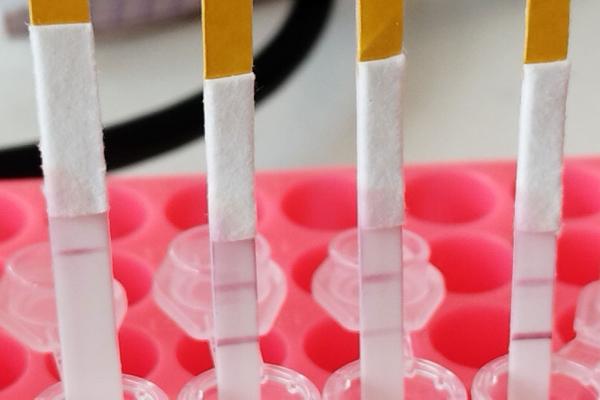
All along the supply chain, vendors often pass off cheaper fish species as their more valuable counterparts. When one fish fillet looks much like another, misidentification and even deliberate fraud are easy.
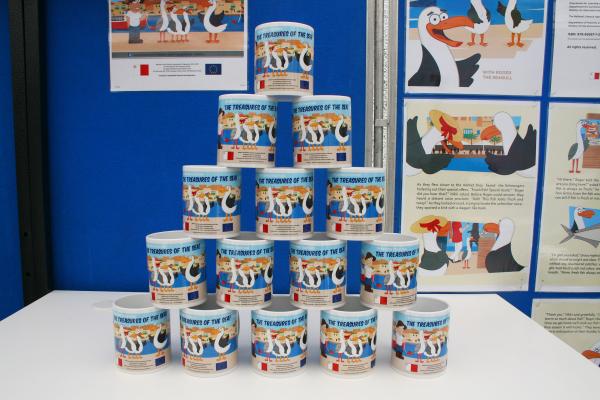
Much attention is given to the negative environmental impacts of fishing, but how much is known about the many benefits of the sector?
